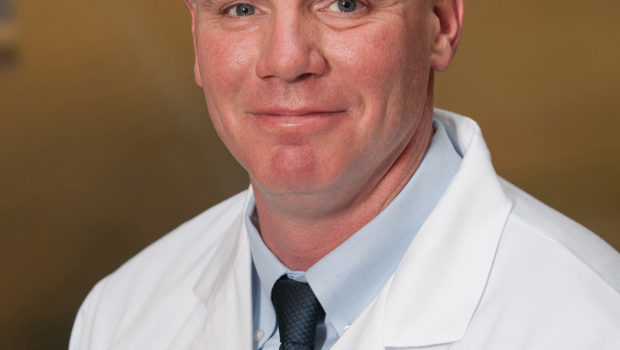Dear Members of the Community:
It seems that on a daily basis, we’re seeing more and more evidence of the racial tensions in our country on the news. While the daily news may be discouraging, I find it also motivating to take action when it comes to finding solutions to racial disparities, particularly for those of us who work in the health care industry. As the President and CEO of the largest employer and largest health system in Central Massachusetts, this ongoing conversation about addressing racial disparities is important to me and to the 14,000 caregivers at UMass Memorial Health Care. I’m proud of the work we’re doing in this area, but we still have a long way to go. Here are a few things that we’re doing to address this regional and national problem.
COVID-19 Education and Prevention: The COVID-19 crisis has underscored the existence of health care disparities with the disease disproportionately affecting Hispanic/Latino, Black/African-American and low-income communities nationwide and in our own service area. When testing data revealed this disparity, the UMass Memorial Health Care Community Benefit and Care Mobile teams took immediate action by creating a COVID-19 education program and taking it to the underserved neighborhoods in our region. Since April, this small but mighty team has distributed more than 15,000 education “kits” that includes prevention information in six different languages, along with free masks and hand sanitizer – all with the goal of preventing the spread of this disease in at-risk areas.
Community Testing: UMass Memorial Health Care has launched a comprehensive COVID-19 testing program that includes processing 5,000 tests per day at our hospital and outpatient locations. In addition, we’ve participated in Governor Baker’s “Stop the Spread” testing campaign, but with a focus on extending our testing to underserved populations. This resulted in a series of one-day “pop-up” testing sites in Worcester neighborhoods-in-need to reach more people and in a long-standing testing site at UMass Memorial-Marlborough Hospital. By far, we’re conducting more community testing than any other health care organization in the state.
UMass Memorial Health Equity Taskforce: In light of the disparity we were seeing with the COVID-19 crisis, we made the decision
to stand up a Health Equity Taskforce to focus on better understanding and addressing the root causes and impact of these
disparities, and developing a short-term and long-term health equity strategy for UMass Memorial.
Among the issues the taskforce is addressing are:
- developing improved data collection, reporting and analysis to better identify and understand existing health disparities;
- addressing access barriers and disparities in the delivery and experience of care within UMass Memorial;
- coordinating with and supporting the work of the City of Worcester Equity Task Force; and
- working with our communities to lay the groundwork for a long-term health equity strategy for UMass Memorial.
First-Ever Health Equity Open Forum
We hosted our first-ever, community Health Equity Open Forum as a Facebook Live event on Thursday, October 29. I was joined
by a distinguished panel of community members and elected officials to talk about racial disparities and injustice in health care,
in our region and beyond. These panelists included:
- Congressman Jim McGovern, who represents our region in the 2nd Congressional District of Massachusetts
- Matilde “Mattie” Castiel, MD, Commissioner of Health and Human Services, City of Worcester
- Sarai Rivera, Worcester City Councilor and Chair of the Standing Committee on Public Health
- Tayyaba Salman, MD, Hospitalist, UMass Memorial HealthAlliance-Clinton Hospital, member of the Minority Advisory Council
Attorney Gina Plata Niño, Central-West Justice Center, was a magnificent moderator and led us through an engaging dialogue about how we can all work together to address systemic racism in our communities. If you missed it, you can log on to the UMass Memorial Health Care Facebook page to view the video.
Taking Action to Address Systemic Racism
We can’t stand silent while racism and racial disparities in our country and in our communities persist. Meaningful action can only come from confronting the problem. I’m encouraged by the national dialogue and the meaningful action steps we are taking in our region.
Mahatma Gandhi said: “Be the change you wish to see in the world.” While ending racism seems like an impossible dream, just think of what we can accomplish by taking actions – big or small – that we develop together. For our community here in Central Massachusetts, I’m confident that we can be that change we want to see in our part of the world.
Stay safe and well,
Eric W. Dickson, MD, MHCM, FACEP
President and CEO, UMass Memorial Health Care





